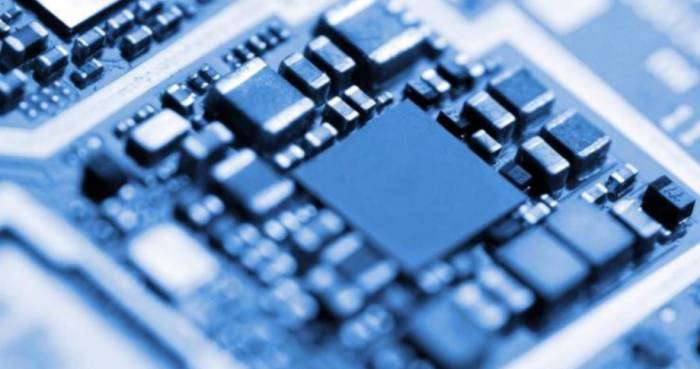China's Sudden Surge in Chip Imports: $490B
Since the beginning of this year, China has been experiencing a significant year-on-year decline in the import of chips.
However, the data released in September suddenly showed that the total value of imported chips from January to August increased by 3.1%.
This is very surprising!
Looking at the news over this period, manufacturers such as South Korea's Samsung have obtained an indefinite exemption, allowing them to import chip equipment from the United States to their factories in China. Has the U.S. restriction actually been relaxed?
Or is it the power of the new chips displayed by Huawei's mobile phones that has forced the United States to bow its head?
01
Let's first look at the data provided by customs. From January to August of this year, although the import of mechanical and electrical products still declined by 3.9% year-on-year, the import of integrated circuits reached 1.81 trillion yuan, compared with 1.32 trillion yuan in the previous month. In August alone, the import of chips was as high as 490 billion yuan.
As a result, the year-on-year data also changed from a cumulative decline of 16.2% in the previous month to a cumulative increase of 3.1% in this month.
Advertisement
An additional import of 490 billion yuan in one month is equivalent to 37% of the total amount in the first seven months. Compared with the average monthly import amount in the first seven months, this month increased by 53.8%.
These data undoubtedly show that the number of chips we import has suddenly increased significantly.Just not long ago, several South Korean chip manufacturers, including Samsung, received approval from the US Department of Commerce for an indefinite exemption, allowing their factories in China to continue importing chip equipment.
According to the US plan, even chip factories established by foreign companies in mainland China are not allowed to import high-end US chip equipment.
This indefinite exemption seems to imply that the restrictions have been essentially relaxed.
02
Some believe that this is due to the collective visit of US chip giants to the White House earlier this year, exerting tremendous pressure on the US government, leading to some adjustments.
However, looking at the data, market pressure is the greatest pressure.
If we exclude the data for August, in the first seven months of this year, our country's chip import quantity was reduced to 27.017 billion, a significant decrease of 54.6 billion compared to the same period last year.
In terms of value, the total import value for the first seven months was 1.32 trillion yuan, a reduction of 255 billion yuan compared to the first seven months of last year.
Whether it's 54.6 billion chips or 255 billion yuan, it's a huge loss for the chip industry in Europe, America, Japan, and South Korea.
Another huge pressure comes from the continuous progress in China's chip industry, especially the recent debut of the new chip carried by Huawei's mobile phones, which means we have made breakthrough progress in chip manufacturing.European and American chip giants are increasingly realizing that not being able to participate in the competition of the Chinese market could very well mean permanently giving up on this huge market.
This has left even the United States bewildered.
03
In addition to being reflected in trade volume, it is also fully demonstrated in the stock prices of some listed companies.

TSMC's stock price began to rise rapidly last October, but by the middle of this year, as the heat of AI increased, TSMC's stock price started to decline.
Currently, TSMC's market value has decreased by $77 billion compared to its peak, equivalent to 560 billion yuan disappearing. At the same time, the profit forecast for this chip giant over the next 12 months has also been significantly reduced by 8%.
The key reason lies in the significant decrease in orders from mainland China.
This has directly led to TSMC reducing its capital expenditure for next year by 20% to cope with the possible downturn in the chip industry.
Make A Comment